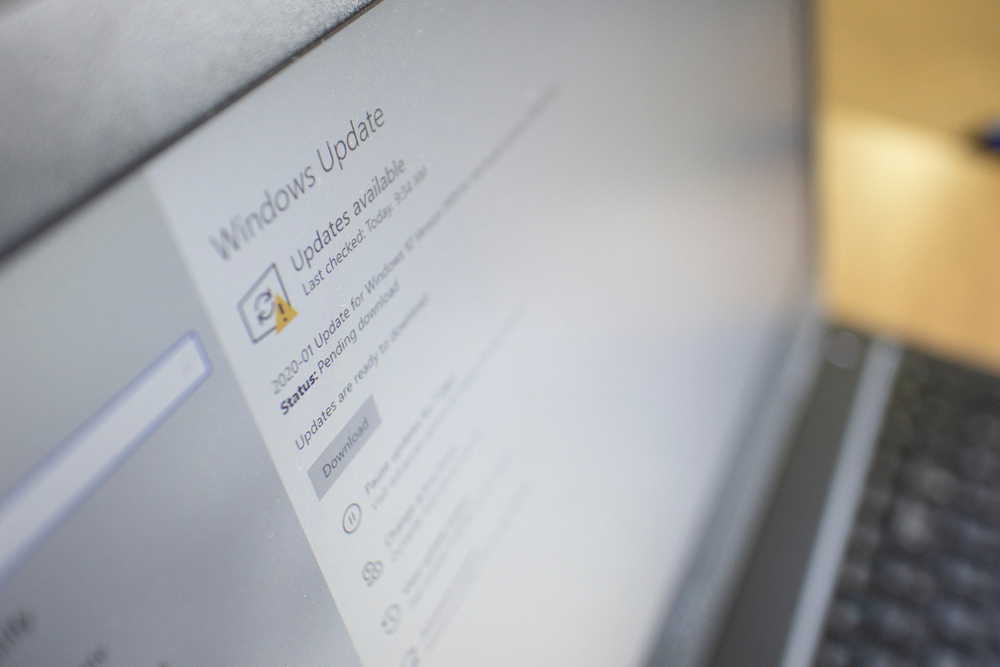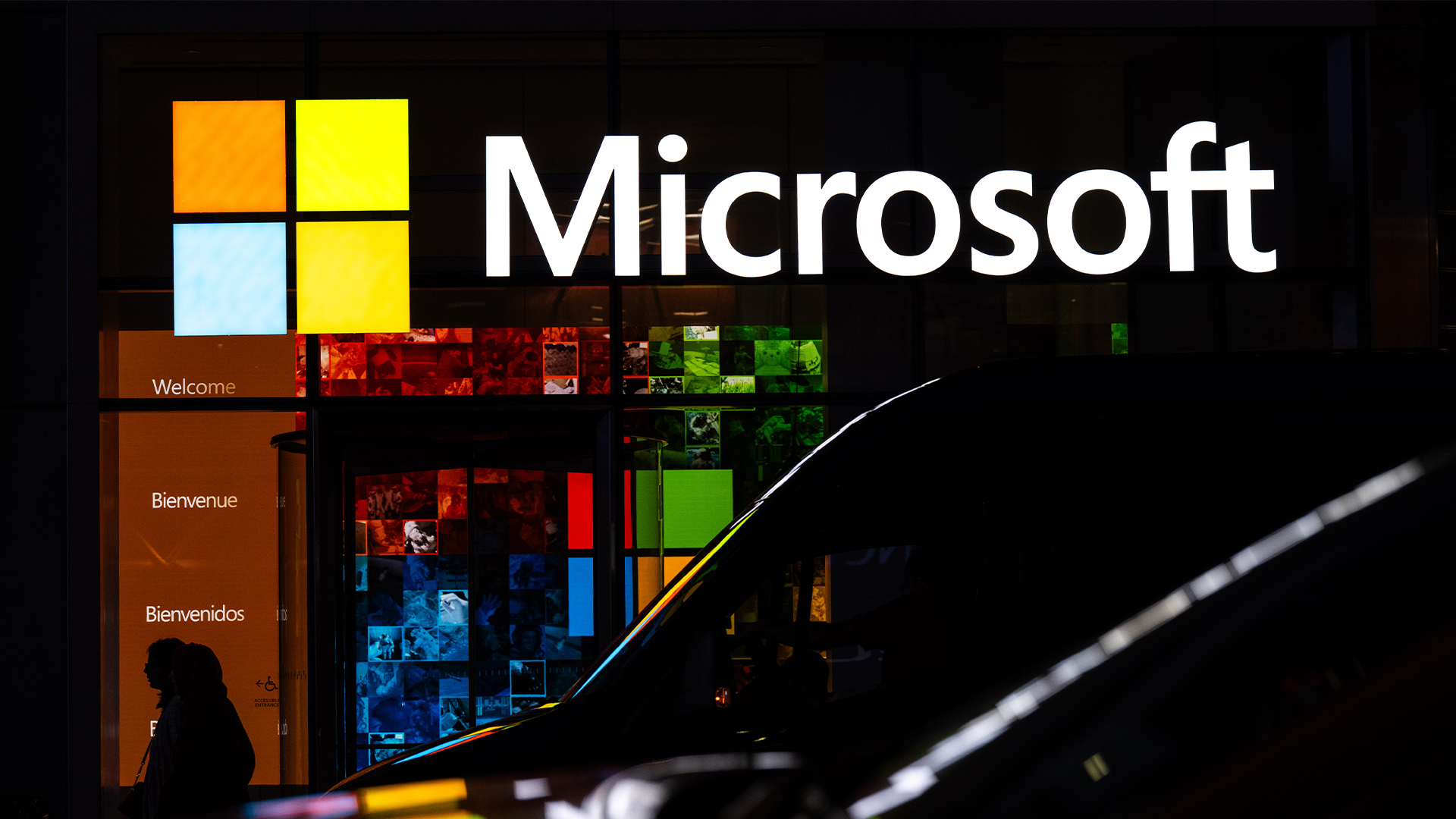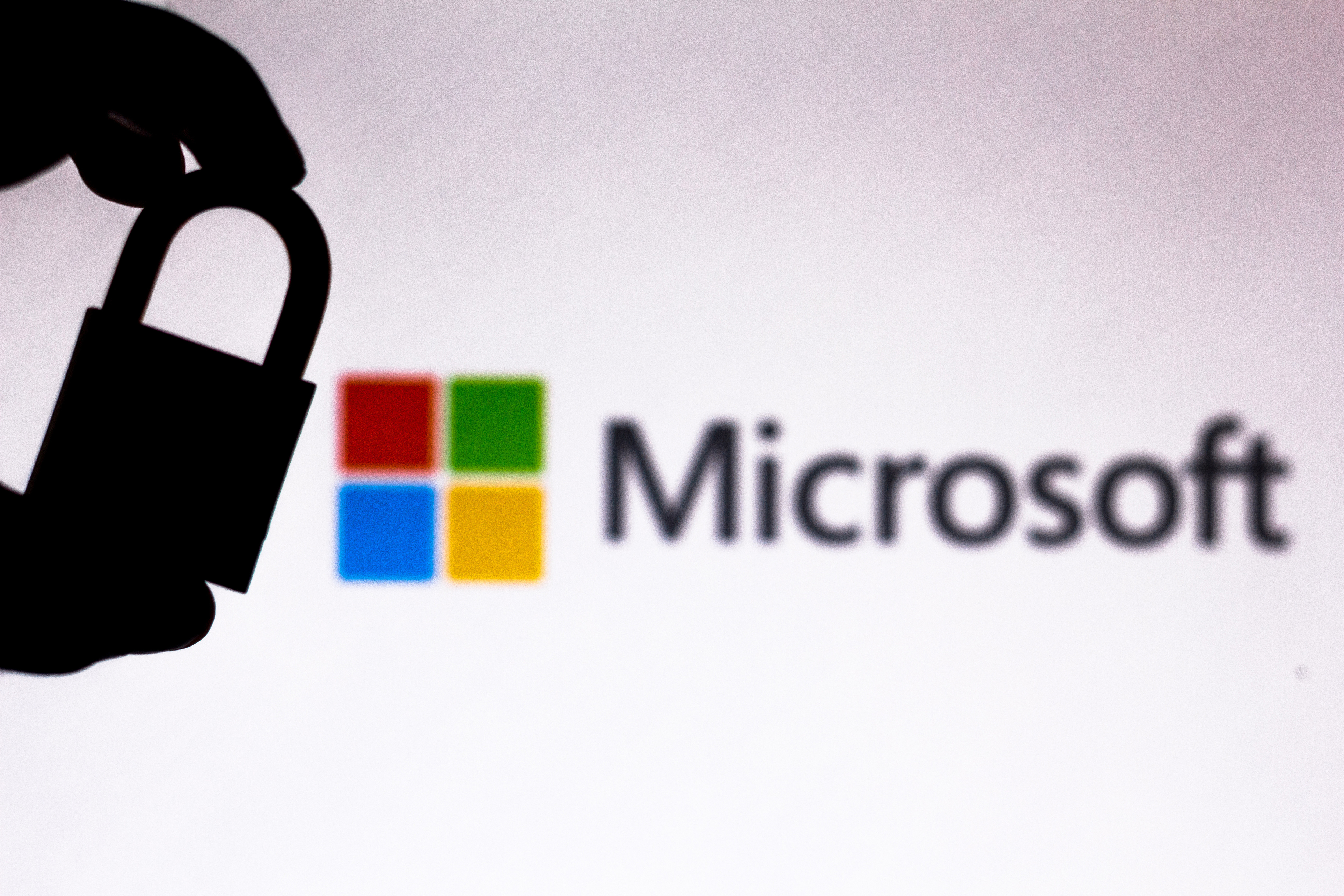Microsoft fixes actively exploited Defender zero-day flaw
The firm's latest Patch Tuesday release includes fixes for a total of 83 vulnerabilities across Windows, Azure and more


Microsoft has released a fix for the zero-day remote access exploit recently uncovered in its Defender antivirus service.
The fix arrives in the company's monthly set of security patches, known as 'Patch Tuesday', which included patches for a total of 83 vulnerabilities across a wide range of products, including Windows, Azure and other Microsoft services.
The zero-day exploit is tracked as CVE-2021-1647 and is described as a remote code execution (RCE) bug that allows threat actors to embed code on vulnerable devices by tricking users into opening a loaded document on a system with Microsoft Defender installed.
Microsoft said that despite exploitation being detected in the wild, the technique was not functional in all situations, suggesting that it is still at a 'proof-of-concept' stage. However, the company warned that the code could evolve into more reliable attacks.
To protect against any future attacks, Microsoft has released patches for the Microsoft Malware Protection Engine, which will be installed automatically unless blocked by system administrators.
Alongside the Defender zero-day bug, the tech giant has also released a patch for a flaw in the Windows splwow64 service. This was tracked as CVE-2021-1648 and could be used to elevate the privileges of attack codes. This hasn't been exploited in the wild, according to Microsoft, but system admins have been advised to apply the patches to avoid any future problems.
Microsoft is not the only firm starting 2021 with patches, as Adobe has released its first major batch of security fixes. On Tuesday, the software firm released a number of security advisories for vulnerabilities in seven different products: Photoshop, Illustrator, Animate, Bridge, InCopy, Captivate and Campaign Classic.
Sign up today and you will receive a free copy of our Future Focus 2025 report - the leading guidance on AI, cybersecurity and other IT challenges as per 700+ senior executives
The first of these fixes have already been applied to the Photoshop image creation software on Windows and macOS-based machines. It is tracked as CVE-2021-21006 and can be used to trigger arbitrary code execution.
Bobby Hellard is ITPro's Reviews Editor and has worked on CloudPro and ChannelPro since 2018. In his time at ITPro, Bobby has covered stories for all the major technology companies, such as Apple, Microsoft, Amazon and Facebook, and regularly attends industry-leading events such as AWS Re:Invent and Google Cloud Next.
Bobby mainly covers hardware reviews, but you will also recognize him as the face of many of our video reviews of laptops and smartphones.
-
 The modern workplace: Standardizing collaboration for the enterprise IT leader
The modern workplace: Standardizing collaboration for the enterprise IT leaderHow Barco ClickShare Hub is redefining the meeting room
-
 Interim CISA chief uploaded sensitive documents to a public version of ChatGPT
Interim CISA chief uploaded sensitive documents to a public version of ChatGPTNews The incident at CISA raises yet more concerns about the rise of ‘shadow AI’ and data protection risks
-
 The Microsoft bug bounty program just got a big update — and even applies to third-party code
The Microsoft bug bounty program just got a big update — and even applies to third-party codeNews Microsoft is expanding its bug bounty program to cover all of its products, even those that haven't previously been covered by a bounty before and even third-party code.
-
 The threat prevention buyer's guide
The threat prevention buyer's guideWhitepaper Find the best advanced and file-based threat protection solution for you
-
 Supply chain as kill chain
Supply chain as kill chainWhitepaper Security in the era Zero Trust
-
 Microsoft under fire for “negligent” security practices in scathing critique by industry exec
Microsoft under fire for “negligent” security practices in scathing critique by industry execNews Microsoft took more than 90 days to issue a partial fix for a critical Azure vulnerability, researchers found
-
 Apple patches zero day linked to spyware campaign
Apple patches zero day linked to spyware campaignNews Kaspersky researchers were the first to report a zero day used in a sophisticated attack chain
-
 Should your business start a bug bounty program?
Should your business start a bug bounty program?In-depth Big tech firms including Google, Apple and Microsoft offer bug bounty programs, but can they benefit smaller businesses too?
-
 MOVEit cyber attack: Cl0p sparks speculation that it’s lost control of hack
MOVEit cyber attack: Cl0p sparks speculation that it’s lost control of hackNews The hackers return with their second major data-extortion attack of 2023, but may have bitten off more than they can chew
-
 Microsoft says it knows who was behind cyber attacks on MOVEit Transfer
Microsoft says it knows who was behind cyber attacks on MOVEit TransferDozens of organizations may have already lost data to hackers exploiting the critical flaw
